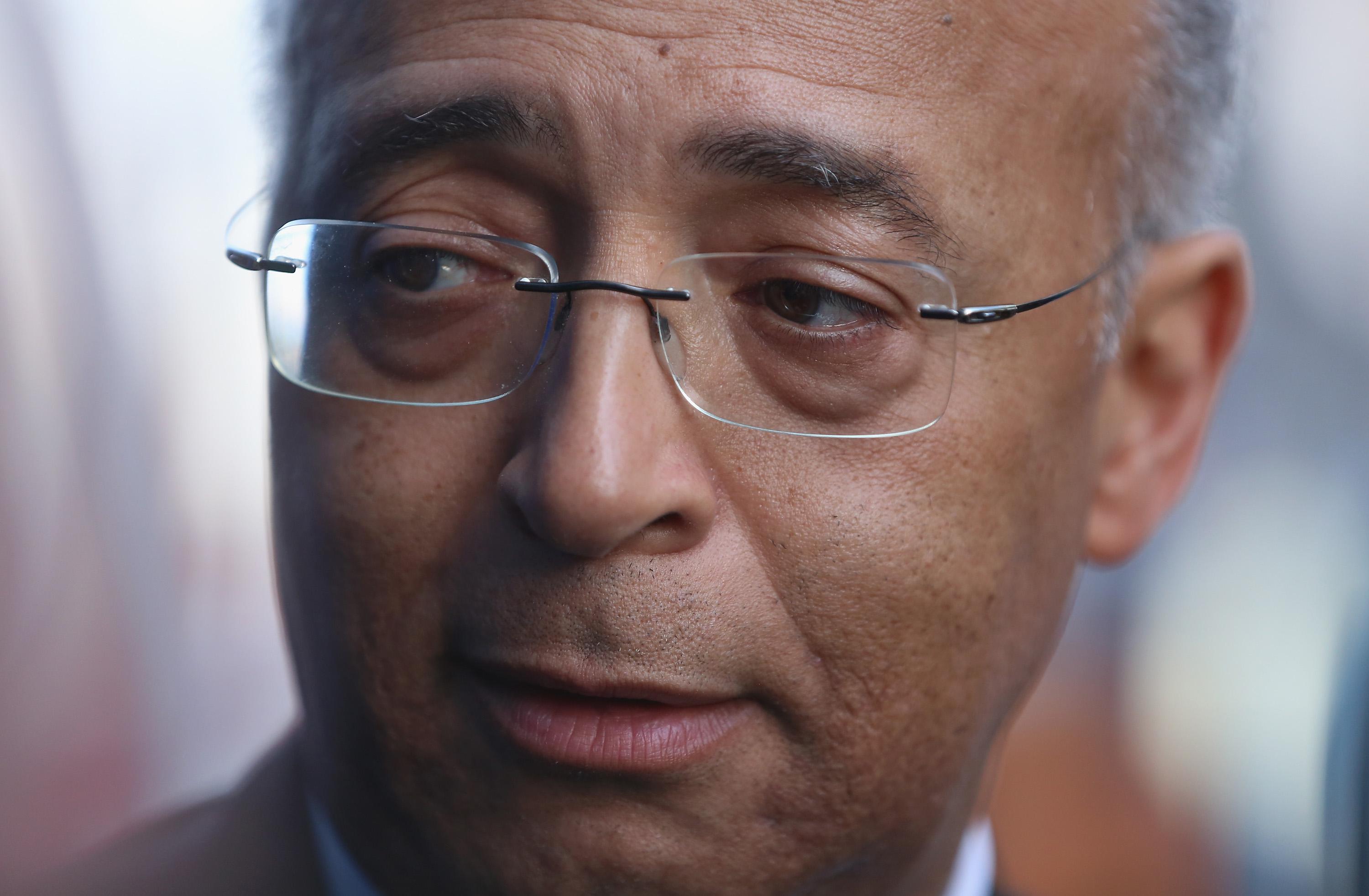For weeks, smart New York reporters had been telling me that Bill Thompson would be the beneficiary of the circus at the top of the Democratic mayoral race. Thompson, the city’s comptroller once removed, was given the poisoned chalice that was the 2009 nomination—it was his job to lose to Michael Bloomberg after the City Council gave Bloomberg the right to run again.* Polls showed Thompson trailing Bloomberg by titanic margins, up to 25 points.
But Thompson nearly won. Despite being outspent by more than $80 million, Thompson benefited from 2009’s anti-incumbent wave and lost to Bloomberg by 5 points. The result produced this fine exchange, captured by Ben Smith.
“Maybe one of those Corzine trips could have been better spent in New York. Who knows?” remarked New York Rep. Anthony Weiner, who weighed his own run for mayor, referring to the White House’s devout attention to the New Jersey contest.
“Maybe Anthony Weiner should have manned-up and run against Michael Bloomberg,” shot back a White House official.
Thompson, out of office, remained a viable 2013 candidate. But nobody really paid attention, first because City Council President Christine Quinn was locking up money and support, second because Carlos Danger jumped into the race. Thompson won some union endorsements, but the idea of the only black candidate winning a runoff berth—with an electorate that could be 30 percent black—did not compel the national press.
If Weiner stays in, he has 26 percent in the first round of the Democratic primary, with 22 percent for Quinn and 20 percent for Thompson. de Blasio is at 15 percent with 7 percent for Liu, 1 percent for former Council member Sal Albanese and 8 percent undecided. In a Democratic primary runoff, however, Thompson tops Weiner 52 - 41 percent and leads Quinn 51 - 42 percent. A Weiner-Quinn runoff is tied with 46 percent for Quinn and 44 percent for Weiner. Thompson outscores Quinn on “moral character” and empathy with voters and ties her on having the experience to be mayor. Thompson tops Weiner 4-1 on “moral character.”
In nine days Thompson’s doubled his support from 10 percent to 20 percent. The big reason is that black voters suddenly remembered who Thompson was: His black support has surged from 14 percent to 35 percent in the same period. And so the candidate the media doesn’t really care about is in the perfect position to take advantage of the new map. The election is on Sept. 10.
*In the 1990s, the city instituted term limits for mayors—two terms and you’re out. Quinn’s decision to allow Bloomberg a new term is probably the single biggest reason she’s struggled to win over progressives. She’s lost them on family leave policy, too, but the Bloomberg exception made her look weak and easily bought.
